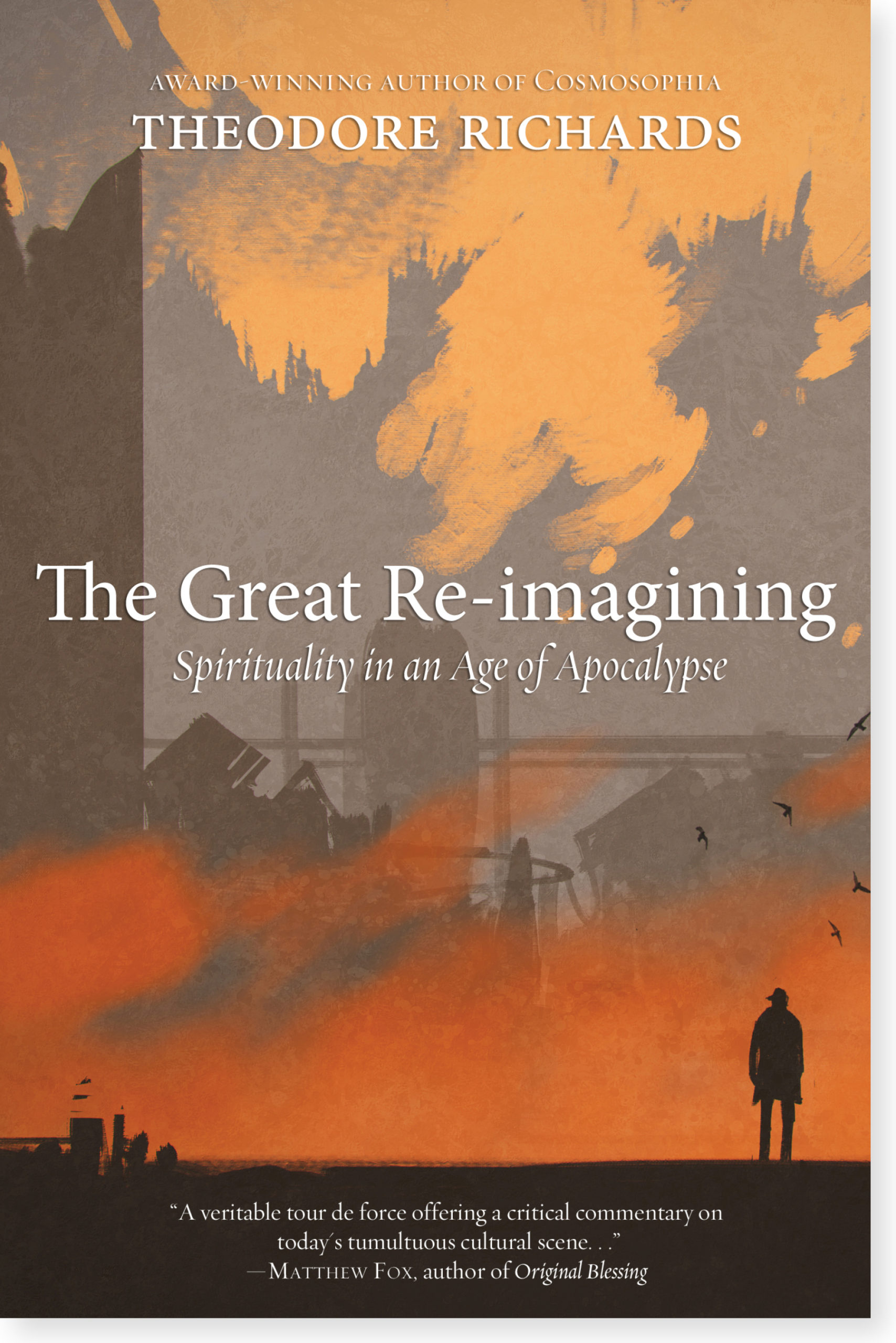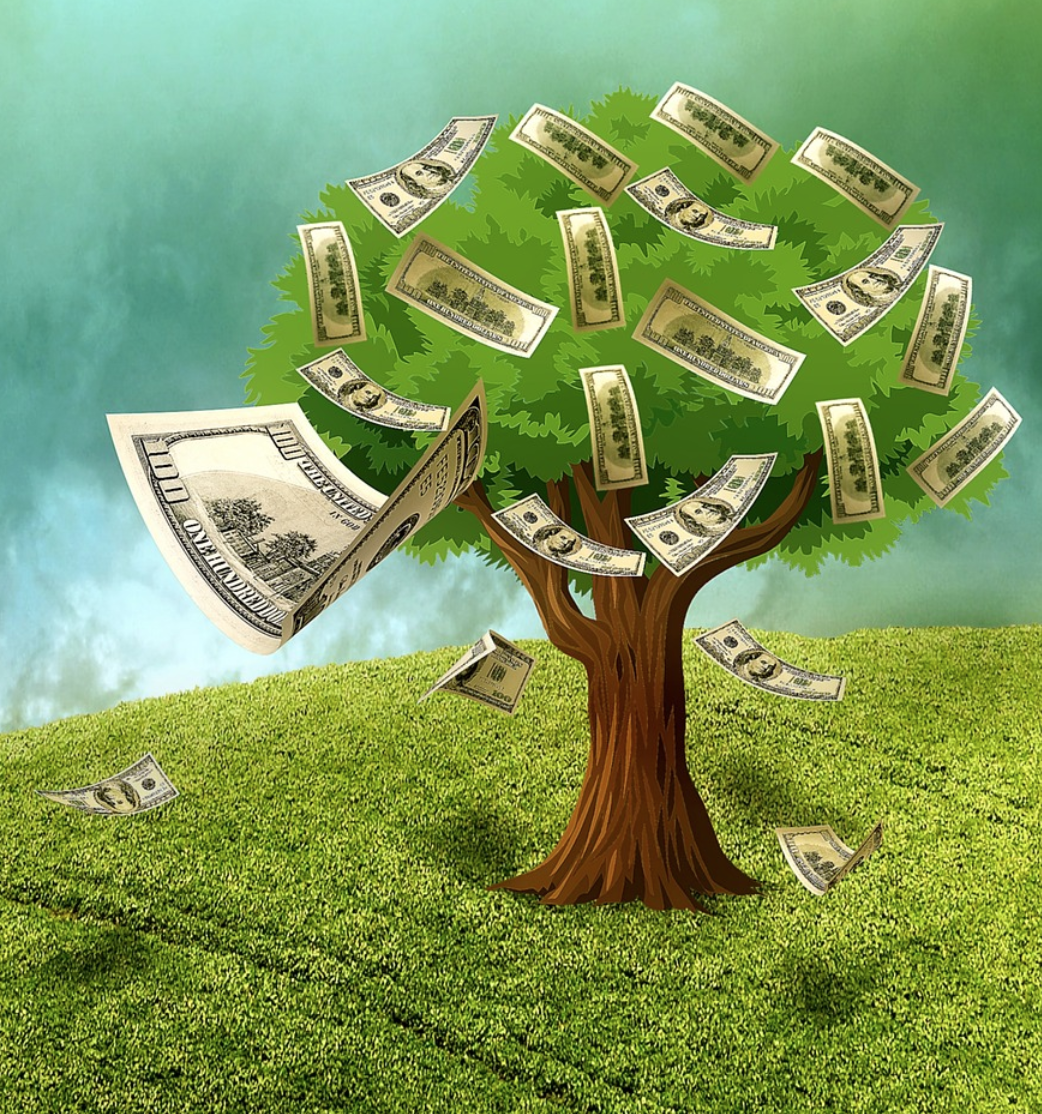“The true end of the world for the human being is the belief that we are alone. We of course cannot be physically alone; but we can become psychically alone. In our isolation, our independence, we lose the connections that make us human. To stare at the screen, to lose the binds of culture and community, is to arrive at the apocalypse.”
Since the end of the Cold War, there has been a consensus among the political and media mainstream that “There Is No Alternative” to Capitalism, particularly the form of capitalism one finds in the context of globalization. “The Free Market”, it is said, will solve all our problems, and become the organizing principle the world over. The conflation of Capitalism and freedom itself has muted any debate that would suggest otherwise. At the same time, recent economic crises coupled with a growing clarity that unlimited growth is destroying the biosphere may suggest that the Capitalist era is coming to an end.


